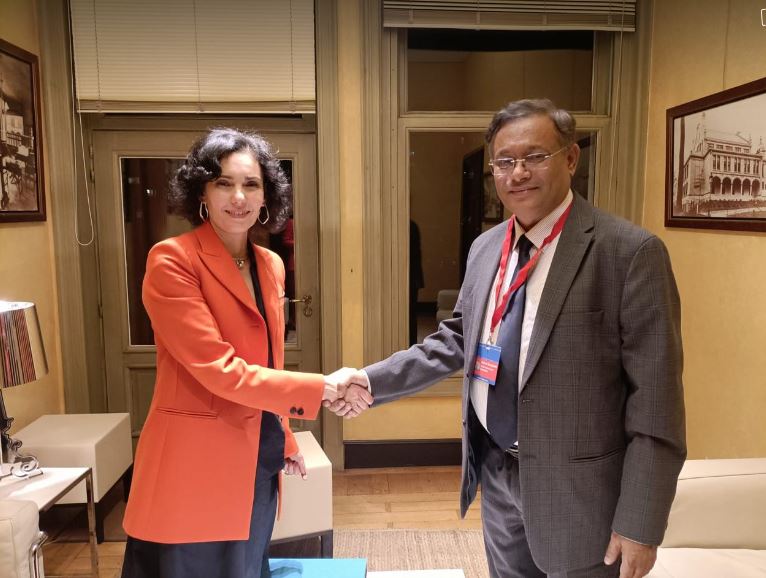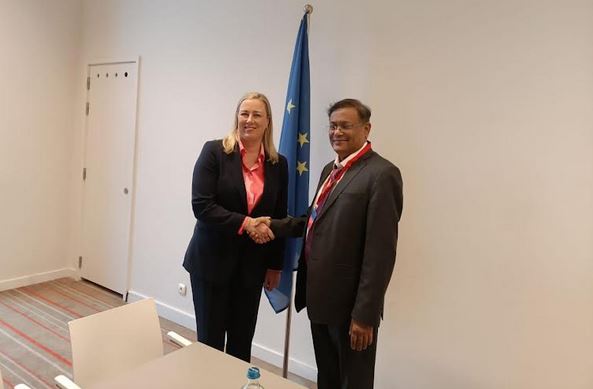Moon Desk: Islamabad: Every year on February 5, Kashmir Day is observed. On this occasion, Pakistan honors and pays homage to the martyrs who sacrificed their lives in the struggle for Kashmir’s independence. The day is dedicated to reinforcing and expressing solidarity with the Kashmiri freedom movement. The observance commemorates Pakistan’s defense of Jammu and Kashmir in the aftermath of the partition in 1947, symbolizing a day that unites the entire nation.
The day is marked by public processions, special prayers, and protests against Indian oppression in Kashmir. Since 1990, Pakistan has observed Kashmir Solidarity Day, using it as an opportunity to remind the international community and the United Nations (UN) bodies of their responsibilities. Demonstrations, processions, and protests are held globally by the Pakistani and Kashmiri communities, raising their voices for the rights of innocent Kashmiris, especially those seeking independence.
On Kashmir Solidarity Day, Pakistan holds international conferences with foreign delegates, an Organization of Islamic Countries (OIC) session, and an exclusive session at the National Assembly. These events culminate in a unified resolution sent to the United Nations Security Council (UNSC). The Inter-Services Public Relations (ISPR) pays tribute to martyrs and appreciates the courage of Kashmiris by releasing a song every year. This year, anticipation surrounds ISPR’s contributions to Kashmir Solidarity Day.
Pakistan expressed a favorable stance towards the involvement of the international community to achieve improved outcomes. Solidarity, highlighted in the Millennium Declaration, stands as a fundamental value in 21st-century international relations. It emphasizes that those who suffer or benefit the least should receive assistance from those who benefit the most. In the context of globalization and growing inequality, strengthening international solidarity is deemed indispensable.
Currently, numerous Kashmiri leaders and youngsters are held as political prisoners in Indian prisons, driven by a profound spirit that transformed them into warriors, a perception acknowledged by those in power. While many occupied humans and leaders are characterized as professionals or careerists, these warriors answered a higher calling, enduring an immeasurable price within prison cells. The Indian army incarcerated them to prevent them from revealing the harsh realities of Indian cruelty and forced occupation to their fellow villagers. As the saying goes, “What the eye doesn’t see, the heart doesn’t grieve for.”







